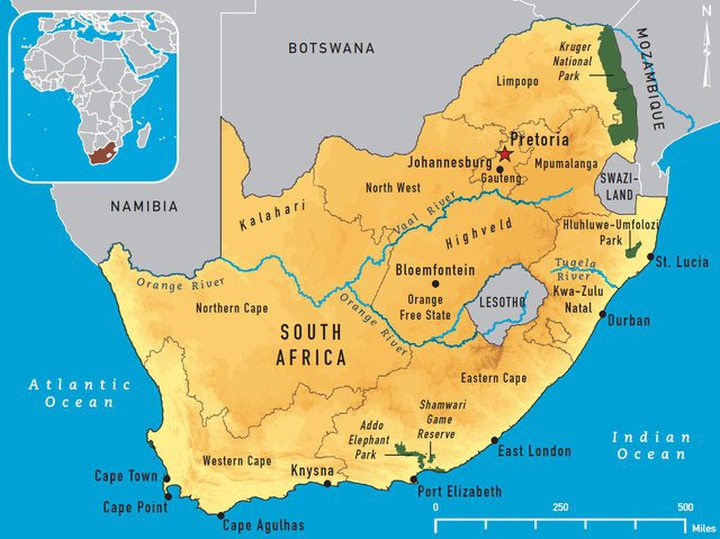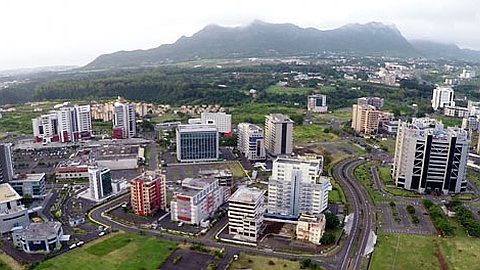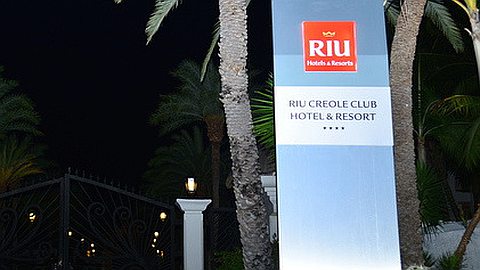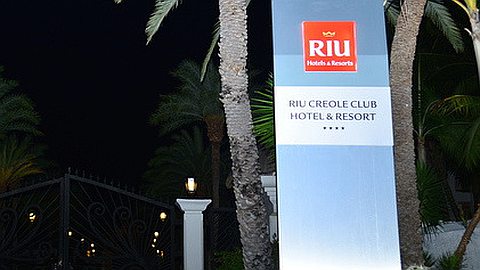South Africa’s Tourism Market Holds Steady

CAPE TOWN, South Africa—Since transitioning from a system of Apartheid to one of democracy in the mid 1990s, South Africa has become the country with the highest influx of tourist arrivals in Sub-Saharan Africa. It also boasts one of the best tourism infrastructures in the region.
Today, the South African government recognizes the benefits of the tourism sector, which has led to the sector being identified as one of the six core pillars of growth in the country’s New Growth Path framework.
Undoubtedly, South Africa’s hosting of global events, such as the 2010 FIFA World Cup, has provided the country with a platform to showcase its tourism offering. During the past two decades, the South African tourism industry has grown exponentially from an estimated 1 million global visitors in the country in 1990 to an estimated 9 million in 2012, according to South African Tourism.
Often referred to as South Africa’s “new gold,” the country’s travel and tourism sector is estimated to have contributed approximately 102 billion rands ($10.4 billion) to the country’s economy and directly supported an estimated 620,000 jobs in 2012, according to the World Trade and Tourism Council.
Hospitality environmentThe formal hotel sector has a longstanding history originating with InterContinental Hotels Group’s Holiday Inn hotels operated by the South African hotel management company known today as Tsogo Sun.
This agreement is no longer in place. However, with more than 40 years experience as a hotel operator, primarily in South Africa with a limited number of properties in key gateway cities in Africa, Tsogo Sun operates approximately 90 hotels comprising 14,300 guestrooms under their own brands, including Southern Sun, Garden Court and StayEasy, in addition to their successful entertainment and casino operations.
In 1979, Sol Kerzner established Sun International and opened the Sun City resort in the then neighboring African homeland of Bophuthatswana, which today is incorporated into South Africa and known as the North West Province.
Initially, Sun International was known for its casinos and, given the prevailing gambling laws at the time, developed resorts on the outskirts of South Africa in the then neighboring African homelands, all of which have been incorporated into South Africa.
The 1980s saw the birth of Otto Stehlik’s Protea Hotels and Swiss-born Hans Enderle’s City Lodge Hotels Group.
Today, Protea Hotels remains a private company and is listed among the largest hotel management companies operating on the African continent with more than 100 establishments situated in nine African countries.
City Lodge Hotels Group is attributed with introducing the select-service hotel concept to South Africa. Its portfolio of 4-star Courtyard Hotels, 3-star City Lodge Hotels, 2-Star Town Lodge Hotels and 1-Star Road Lodge Hotels total 52 hotels and more than 6,400 guestrooms situated in primary and secondary cities throughout South Africa. City Lodge is investigating opportunities to expand throughout the rest of Africa.
And while there are many more South African hotel management companies, the big four are all listed on the Johannesburg Stock Exchange, with the exception of Protea Hotels, and have developed their portfolios over the past 30 years.
Perhaps one of the most significant differences between the many global hotel management companies seeking opportunities in South Africa and the country’s home-grown hotel management companies lies in the balance sheet. Many South African hotel management companies own and manage the majority, if not their entire, portfolio of hotels. Leases are not commonplace, and franchises, while more prevalent among restaurants and fast-food outlets, are limited in the hotel sector.
In September 2000, the Tourism Grading Council of South Africa was established with a mandate to provide a framework and process for grading across all relevant sectors of the tourism industry.
The grading system and associated criteria are reviewed every three years with considerable input from industry stakeholders. While grading remains voluntary in South Africa, it is market-driven. According to the TGCSA as of 15 February 2013, South Africa boasted 5,303 graded non-hotel accommodation establishments (55,323 rooms) and 649 graded hotel establishments (55,309 rooms).
According to the TGCSA as of 15 February 2013, South Africa boasted 5,303 graded non-hotel accommodation establishments (55,323 rooms) and 649 graded hotel establishments (55,309 rooms).
Overall, the majority of graded accommodation establishments are situated in the Western Cape, Gauteng, and KwaZulu-Natal provinces—“the golden triangle.”
Nature of roomnight demandIt is estimated by Horwath HTL that foreign tourism contributes approximately 12% to the total visitor market in South Africa yet approximately 70% to total tourism receipts, as foreign tourists typically spend considerably more than domestic tourists.
However, our research indicates approximately 75% of roomnight demand in South Africa stems from the domestic market with approximately 5% of roomnight demand originating from the African continent. Europe generates approximately 10% of roomnight demand annually with approximately 3.5% originating from the Americas, according to the Horwath HTL annual Hotel Industry Survey of Operations.
The corporate market demand segment accounts for approximately 38% of roomnights sold by hotel establishments in South Africa, according to the Horwath survey. The direct foreign independent travel market demand segment is the second key source of roomnight demand, generating an estimated 13% of roomnight demand annually, followed by the government demand market segment, which is estimated to generate approximately 10% of annual roomnight demand.
Additional room supply that came to the market before the 2010 FIFA World Cup coupled with an uncertain global economic climate, has contributed to strained hotel performance in the past three years. Market-wide occupancy in 2010 registered 55.5% with an average daily rate of 933.44 rand ($95.95), according to STR Global, sister company of Hotel News Now.
In an attempt to maintain and/or gain market share in 2011, room rates were discounted to achieve higher occupancy. According to STR Global, occupancy rate in 2011 was 55.7% with ADR 839.13 rand ($86.26).
2012 was a better year for South Africa’s hoteliers with increased roomnight demand resulting in an occupancy of 60% at an ADR of 875.78 rand ($90.02), according to STR Global.
Nevertheless, operating challenges remain.
The trading environmentSouth African hoteliers find themselves operating in a high inflation trading environment where input costs (in particular food, labor, utilities and fuel) continue to escalate at above inflation rates (inflation is estimated at 5.7% whereas gross-domestic-product growth is estimated at 2.5%), according to Statistics South Africa.
Furthermore, changes in terms of regulatory, legislative and compliance requirements mean that companies have to invest considerably more management time to ensure compliance.
As a result, hotel profitability remains under pressure, in particular those new-builds that entered the market in time for the 2010 FIFA World Cup and are required to service the project’s debt funding.
While many global hotel management companies wish to enter the South African hotel market, the debate remains:
Is the global hotel management company’s asset-light business model conducive to entering the South African hotel market?Can their local sales-and-marketing network outperform the local relationships required to generate sufficient room night demand?Are they willing to enter a market where the weak South African rand faces such unfavorable exchange rates against the U.S. dollar, British pound and euro?





